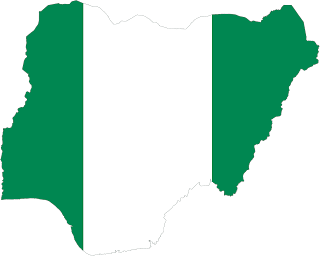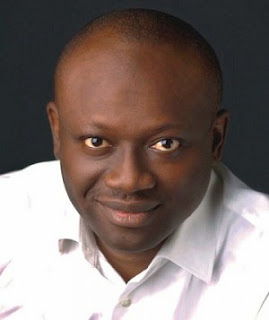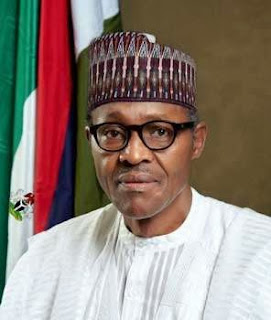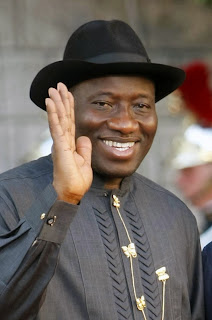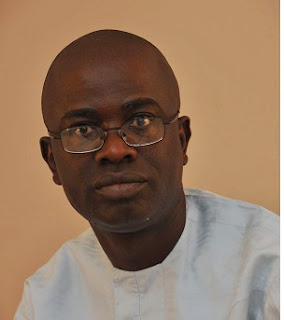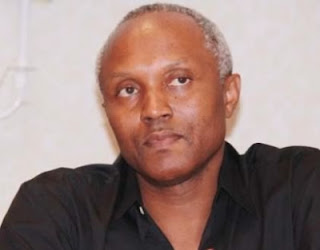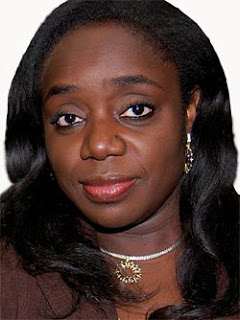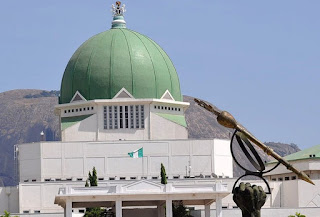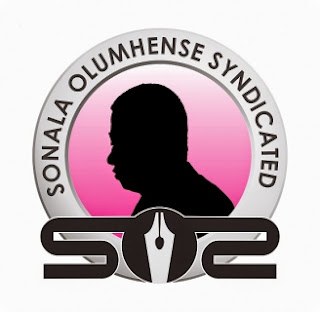Waging a new war against indiscipline by Ayo Sogunro
Nigeria is not a democratic country. Although generally described as a democracy, Nigeria is, in reality, an anocracy. An anocracy is a system of government that is half democratic, half autocratic. In true democracies, authority progresses upwards from the people to a dependent centre. In true autocracies, authority flows downwards from an independent centre to the masses. An anocracy combines the authoritative ideology of autocracy with the institutional processes of democracy. In short, this system uses the negative aspects of one to cancel the positives of the other.

